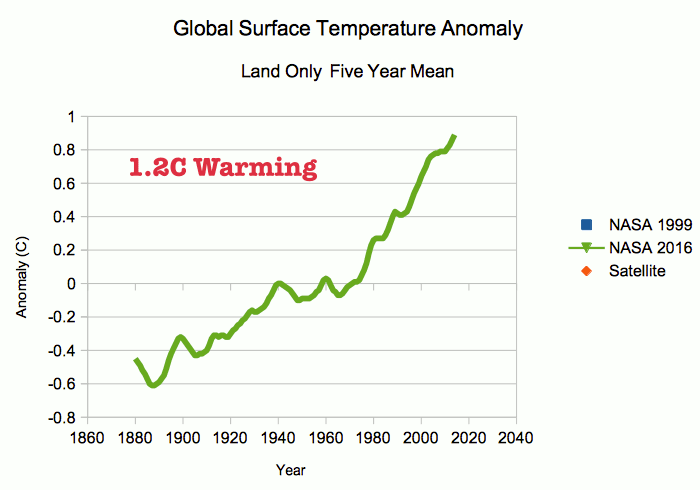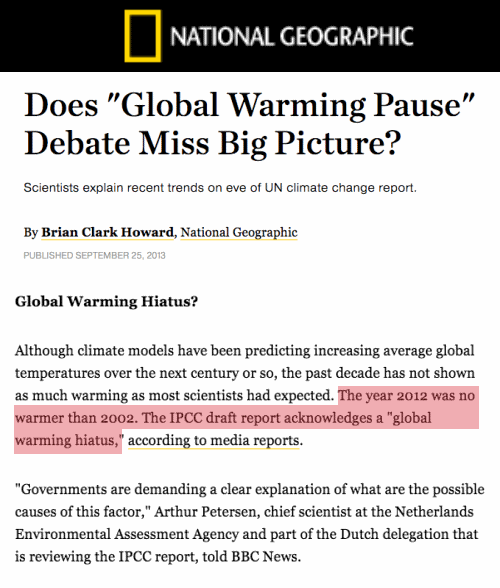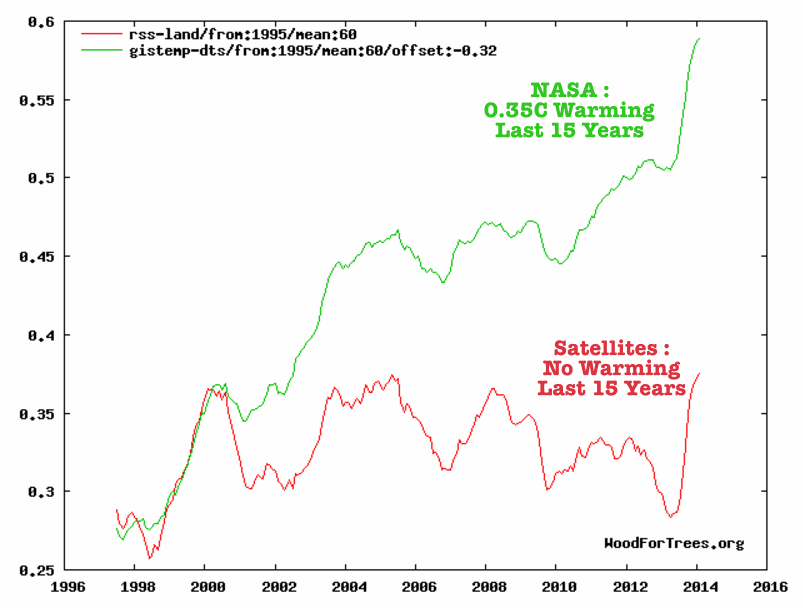ClydeBrick
Ramblin' Wreck
- Messages
- 962
I have really enjoyed reading the threads on climate change - however, I am not going to engage anyone on the climate change subject. My interest goes beyond just the AGW debate, I am interested in @AE 87 's points about how people relate to the science (which has broader implications beyond the AGW debate).
As an addendum to 87's points, here is a link - to an opinion piece in a decidedly non-scientific source - that alleges even a different type of problem with "Big Science". In it, the allegation against Big Science is not one of "faith" but of human nature and the problems that come from revering the 'establishment'. Interestingly, the AGW debate is not even mentioned.
As an addendum to 87's points, here is a link - to an opinion piece in a decidedly non-scientific source - that alleges even a different type of problem with "Big Science". In it, the allegation against Big Science is not one of "faith" but of human nature and the problems that come from revering the 'establishment'. Interestingly, the AGW debate is not even mentioned.
Pascal-Emmanuel Gobry said:This gets into the question of the sociology of science. It's a familiar bromide that "science advances one funeral at a time." The greatest scientific pioneers were mavericks and weirdos. Most valuable scientific work is done by youngsters. Older scientists are more likely to be invested, both emotionally and from a career and prestige perspective, in the regnant paradigm, even though the spirit of science is the challenge of regnant paradigms.
Why, then, is our scientific process so structured as to reward the old and the prestigious? Government funding bodies and peer review bodies are inevitably staffed by the most hallowed (read: out of touch) practitioners in the field. The tenure process ensures that in order to further their careers, the youngest scientists in a given department must kowtow to their elders' theories or run a significant professional risk. Peer review isn't any good at keeping flawed studies out of major papers, but it can be deadly efficient at silencing heretical views.
All of this suggests that the current system isn't just showing cracks, but is actually broken, and in need of major reform. There is very good reason to believe that much scientific research published today is false, there is no good way to sort the wheat from the chaff, and, most importantly, that the way the system is designed ensures that this will continue being the case.



